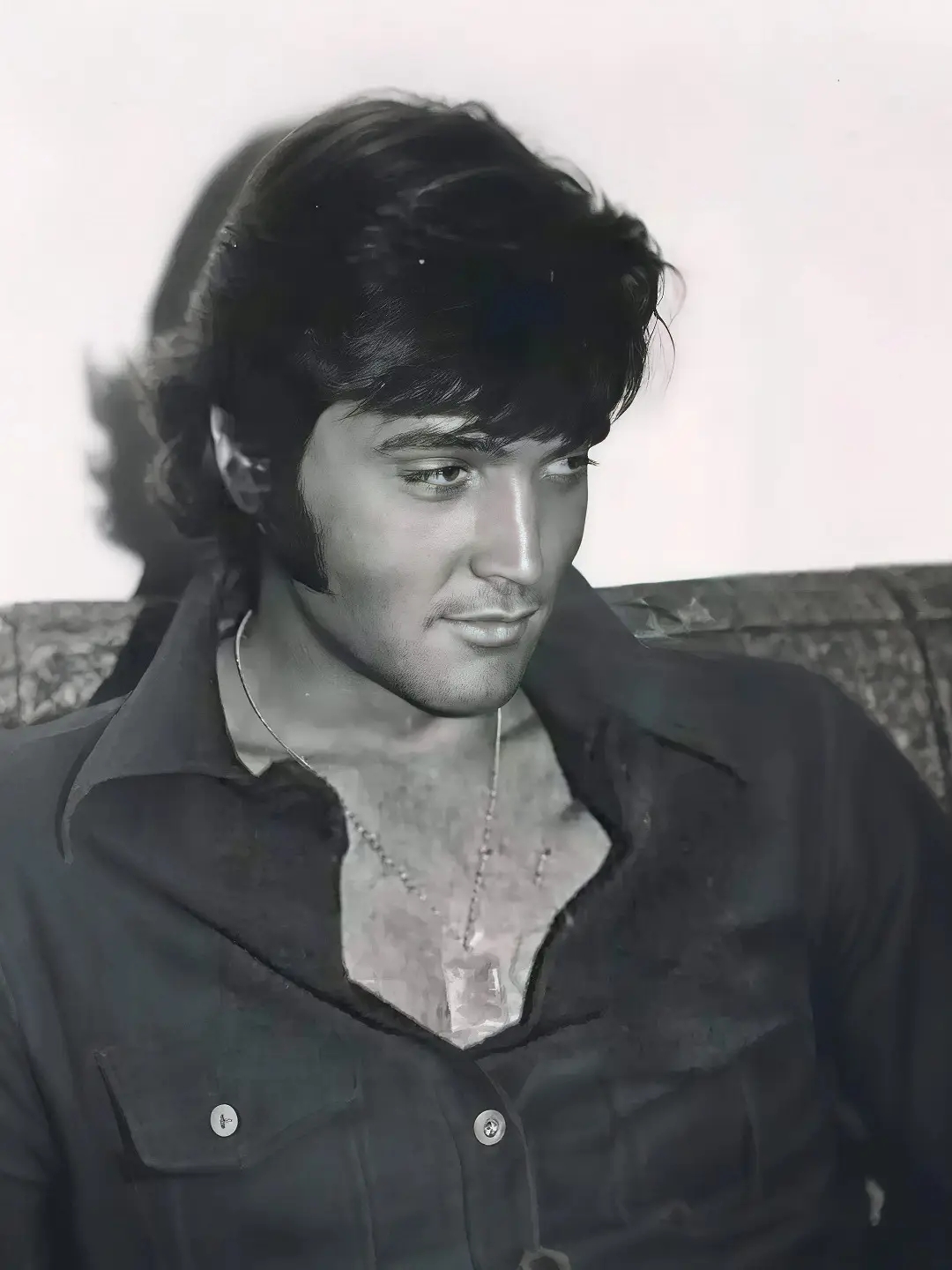In 1972, trombonist Randall Peede experienced something few musicians ever could — the chance to share the stage with Elvis Presley. To Peede, Elvis wasn’t just a global superstar; he was a consummate musician, a man whose technical mastery was matched only by his emotional depth. “He understood his role,” Peede recalled. “His phrasing and expression showed talent that was natural.” Elvis had it all — breath control, rhythm, tone, and timing — but what truly made him extraordinary was his ability to move an audience. When he sang, he didn’t just perform; he told stories. Every lyric carried meaning, every glance connected, every movement drew people deeper into his world.
On stage, Elvis was electricity personified — his charisma and energy turning every concert into an eruption of joy and emotion. Crowds screamed, cried, and reached for him, sometimes so frenzied that security had to intervene. The phrase “Elvis has left the building” was born not from showmanship, but necessity — a way to calm fans after the King had given every ounce of himself. Yet offstage, Peede remembered a different side of Elvis: warm, playful, and grounded. He would joke with the band, wrestle for fun, and radiate the charm of a southern boy who hadn’t forgotten where he came from.
But beneath the laughter, there was also the quiet weight of fame — the knowledge that he could never truly escape the adoration that surrounded him. Still, Elvis carried it with grace and humility. His music broke barriers, blending Black rhythm and blues with white rock ’n’ roll, weaving gospel, soul, and country into a sound that transcended culture and color. He didn’t just sing songs — he reshaped the language of popular music itself. For those who played beside him, Elvis wasn’t a myth or a mystery. He was a man — kind, brilliant, and utterly singular. As Randall Peede reflected, performing with Elvis was more than a moment in music history; it was a glimpse into the heart of a legend whose gift will never be repeated.

Leave a Reply